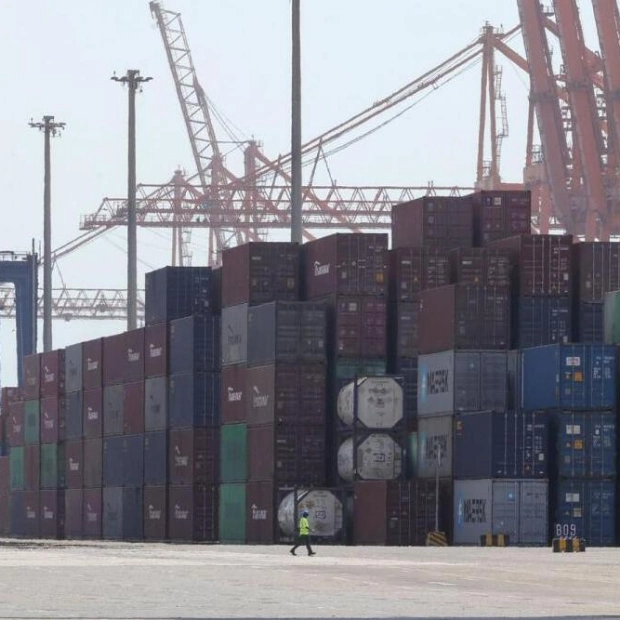Fans eager to secure tickets for the upcoming Oasis reunion tour, marking the band's first live performance in 16 years, expressed frustration on Saturday due to technical difficulties and lengthy online queues that frequently resulted in disappointment. Those attempting to access the ticket-selling platforms — Ticketmaster, See Tickets, and Gigsandtours — encountered problems such as error messages and being abruptly disconnected before completing ticket purchases. Anticipation had been high, with expectations that over a million tickets for the band's concerts would be snapped up in mere minutes. However, fans found themselves still waiting for tickets more than five hours later. Ticketmaster clarified that its website had not crashed, and the queue was progressing as fans continued to buy tickets, but noted the limited availability of tickets, with the Dublin concert already sold out. Gigsandtours acknowledged the 'extremely high demand' and expressed gratitude for the public's patience. Meanwhile, some tickets were being re-offered on resale platforms like Viagogo at exorbitant prices, reaching up to 8,000 pounds ($10,500). Oasis has scheduled 17 shows across the UK and Ireland, starting with a concert in Cardiff in July 2025, followed by performances in Manchester, London, Edinburgh, and Dublin. The band, known for their debut album 'Definitely Maybe' released 30 years ago, disbanded in 2009 when lead guitarist and principal songwriter Noel Gallagher declared he could no longer collaborate with his brother Liam, the band's lead vocalist. At the height of their fame in the 1990s, Oasis epitomized the Britpop movement, with chart-topping hits like 'Wonderwall,' 'Live Forever,' and 'Champagne Supernova.' However, the Gallagher brothers' frequent clashes culminated in their 2009 split as they were set to perform in Paris. Post-split, both brothers have pursued solo careers, yet they have always faced fan demands for a reunion. The upcoming concerts are projected to significantly bolster the hospitality sectors and economies of Britain and Ireland.

Text: Lara Palmer
31.08.2024
Technical Glitches and Long Waits Mar Oasis Reunion Tour Ticket Sales as Resale Prices Skyrocket





